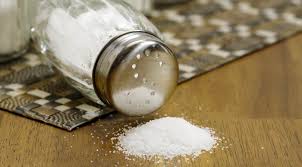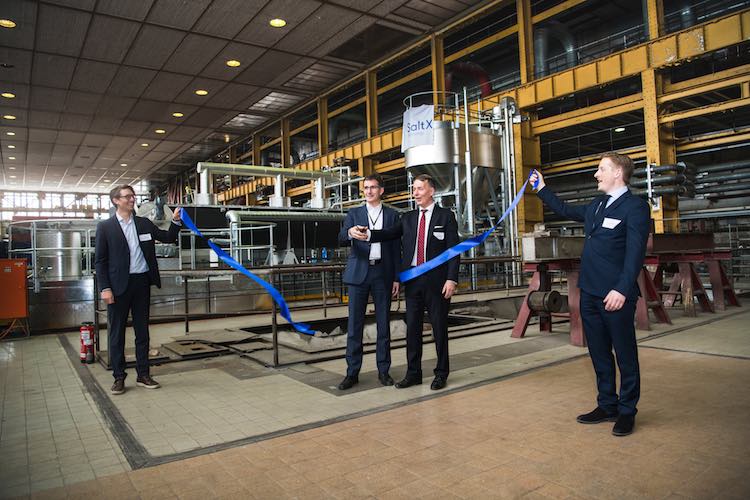
Breaking News
 Asian Opening TONIGHT Decides Everything - Here's What To Watch
Asian Opening TONIGHT Decides Everything - Here's What To Watch
 IT WAS A HACK: Something Crazy Will Happen When Markets Open (CME Reporting Goes DEAD)
IT WAS A HACK: Something Crazy Will Happen When Markets Open (CME Reporting Goes DEAD)
 Networks Versus Hierarchies in Minneapolis' Struggle Against ICE
Networks Versus Hierarchies in Minneapolis' Struggle Against ICE
 Billionaire Reid Hoffman, Who Bankrolled the E. Jean Carroll Lawsuit Against Trump,...
Billionaire Reid Hoffman, Who Bankrolled the E. Jean Carroll Lawsuit Against Trump,...
Top Tech News
 Critical Linux Warning: 800,000 Devices Are EXPOSED
Critical Linux Warning: 800,000 Devices Are EXPOSED
 'Brave New World': IVF Company's Eugenics Tool Lets Couples Pick 'Best' Baby, Di
'Brave New World': IVF Company's Eugenics Tool Lets Couples Pick 'Best' Baby, Di
 The smartphone just fired a warning shot at the camera industry.
The smartphone just fired a warning shot at the camera industry.
 A revolutionary breakthrough in dental science is changing how we fight tooth decay
A revolutionary breakthrough in dental science is changing how we fight tooth decay
 Docan Energy "Panda": 32kWh for $2,530!
Docan Energy "Panda": 32kWh for $2,530!
 Rugged phone with multi-day battery life doubles as a 1080p projector
Rugged phone with multi-day battery life doubles as a 1080p projector
 4 Sisters Invent Electric Tractor with Mom and Dad and it's Selling in 5 Countries
4 Sisters Invent Electric Tractor with Mom and Dad and it's Selling in 5 Countries
 Lab–grown LIFE takes a major step forward – as scientists use AI to create a virus never seen be
Lab–grown LIFE takes a major step forward – as scientists use AI to create a virus never seen be
 New Electric 'Donut Motor' Makes 856 HP but Weighs Just 88 Pounds
New Electric 'Donut Motor' Makes 856 HP but Weighs Just 88 Pounds
 Donut Lab Says It Cracked Solid-State Batteries. Experts Have Questions.
Donut Lab Says It Cracked Solid-State Batteries. Experts Have Questions.
Just Add Water: New Salt Battery Could Help Spell the End of Fossil Fuels

This groundbreaking new project in Germany is testing the use of salt as an ingredient for a fossil fuel-free future.
The Reuter power plant in Berlin recently launched a new system of technology that is using calcium oxide, also known as quicklime, to store heat for long periods of time.
Germany already has the renewable energy capacity to power more than half of the country, but since many green energy sources are dependent on consistent weather conditions, the nation is forced to continue using fossil fuels as backup energy sources.
Quicklime, on the other hand, generates large amounts of heat when it is simply exposed to water.
The salt technology, which was developed by Swedish startup SaltX, works similarly to a battery except that it stores heat instead of electricity. Since more than half of Germany's energy consumption is used on heating, the salt can be used to generate, store, and convert heat whenever the nation's renewable energy sources fall short of the grid's demands.
The technology is also far more efficient at storing heat compared to water storage systems that are notorious for gradually losing their heat over time.




